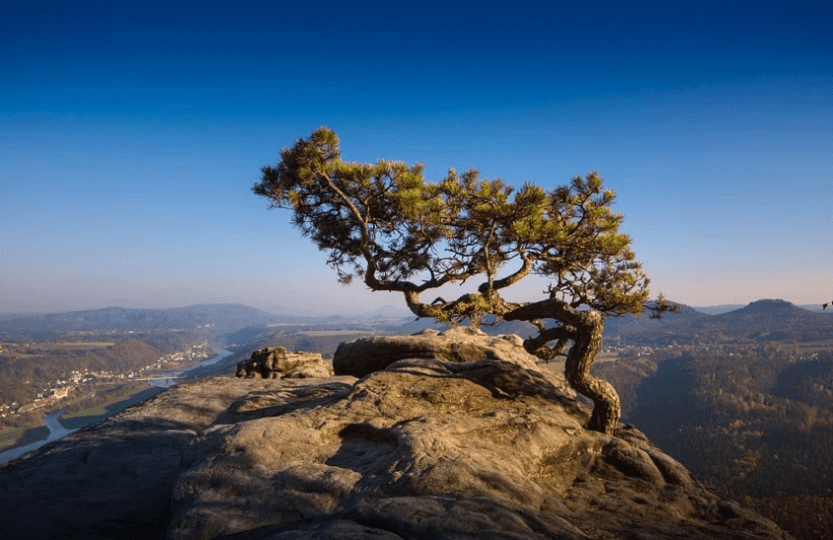An important element of the Global Change Ecology programme lies in the completion of science schools. Students have a lot of freedom in choosing particular schools to participate in. This allows for plenty of flexibility and gives GCEs the opportunity to delve deeper into subjects that they already have an established interest in, or perhaps to learn more about topics they are not familiar with. Beyond the exposure to course-specific material, these schools foster connections between students and professionals across different fields of study, universities, or areas of the world.
During the spring of 2021, I participated in a science school organized by the German Federal Agency for Nature Conservation (Bundesamt für Naturschutz, BfN). Every year since 2010, the module has accepted 25 master-level students to learn at the International Academy for Nature Conservation on the Isle of Vilm in Germany. While this year was offered virtually, the experience remained worthwhile.
Broadening knowledge
Prior to the start of the course, students were expected to complete some background reading and an assignment to ensure that everyone had a good base of knowledge. From there, we hit the ground running! We began by assessing the current state of biodiversity and discussed both marine and terrestrial conservation. We learned about conservation tools like protected areas and about the International Union for Conservation of Nature (IUCN) Red List. Students discussed how to engage in strategic conservation planning to meet goals most effectively and efficiently. We also spent some time addressing international law and the international governance framework for environmental protection, as well as discussing the social impacts of conservation.
Part of the reason that the seminar remained so engaging throughout the week was the mixed method of instruction, from lectures to panel discussions to interactive simulations. Generally, new topics were introduced with a talk from an invited expert. However, this was followed by group discussions and activities. This allowed students to actively engage with the material that had just been introduced. I found that this really made the information “stick,” while also creating connections among students.

Building a network
A strength of the module was the possibility to network. Lectures, panel discussions, and simulations run by conservation experts gave students a way to develop professional contacts for future internships, for example. Additionally, there were opportunities to interact with peers through “market place” activities, which closed each daily session. During these market place times, students shared short presentations outlining an experience they had with conservation. This took place in various breakout rooms, facilitating discussions in smaller groups.
The next Module on International Nature Conservation is expected to take place from 27 February to 5 March 2022, either online or in-person as the COVID-19 situation allows. If you are interested, then set a reminder – the upcoming application period will start in late autumn 2021.









